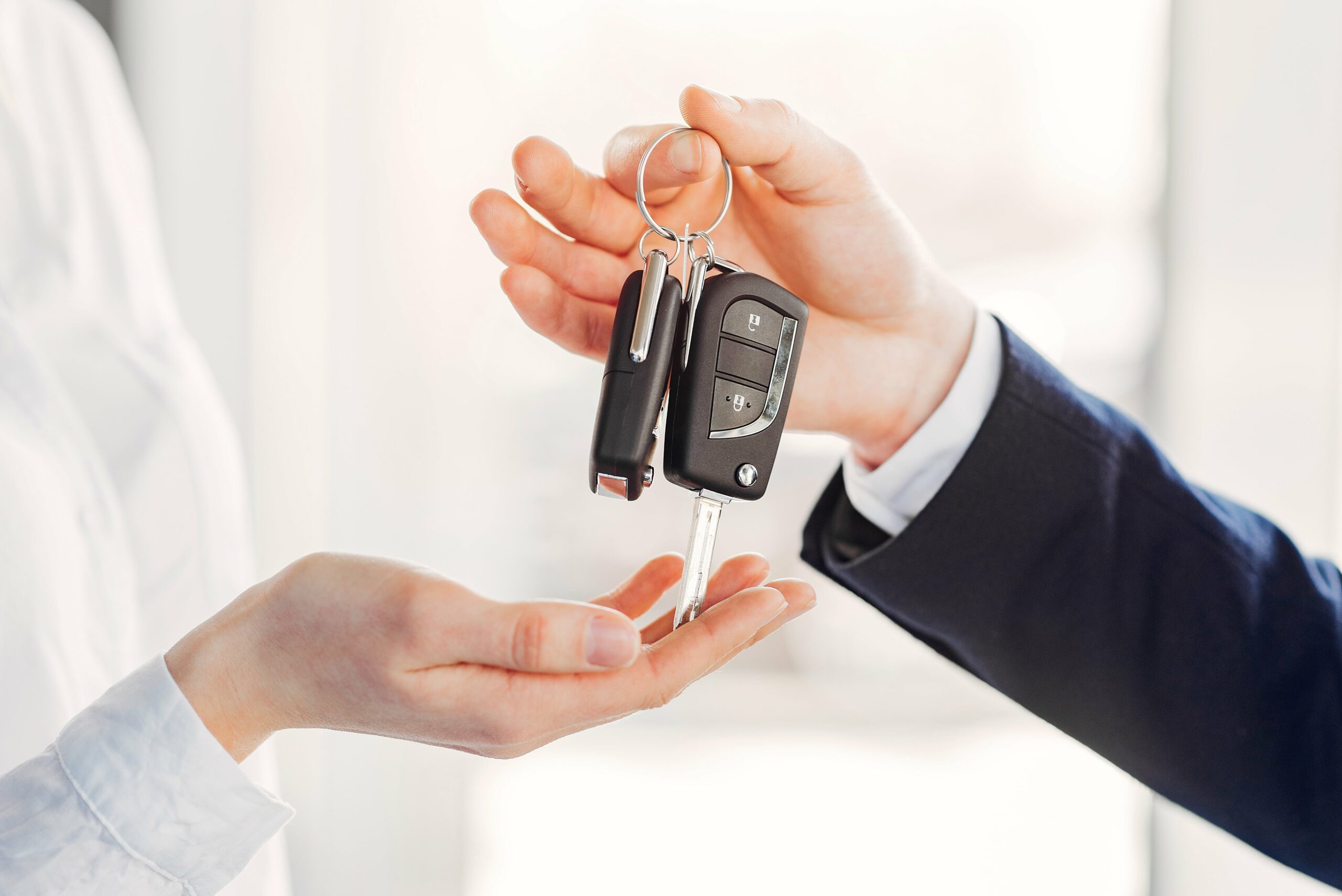Amidst the expanding array of vehicles on the market, car loans have witnessed a significant increase. According to USA Today, the rejection rate for car loans has surged from 9.1% to 14.2% in the past year. Consequently, car loans have emerged as one of the largest debt categories following mortgages and student loans. Given this trend, it is crucial for both lenders and borrowers to grasp the concept of car loan charge-offs. In this article, we will outline the meaning of car loan charge-offs and the best practices for handling car loan charge offs.
Contents
What is a Car Loan Charge Off?
A car loan charge-off occurs when the lender believes they will not be able to collect the loan. This means that the borrower has fallen behind in paying their car loan. Usually, a car loan is considered an asset, as the lender hopes to get their money back. But in the case of a car loan charge-off, the lender moves the loan from the asset category to the liability category. This doesn’t mean that the debt is written off, but the process is carried out for tax purposes. But the borrower still owes the money to the lender. Car loan charge off typically happens after the borrower misses payments for a certain period, often between 90 and 180 days depending on
the lender’s policies.
What Happens When a Car Loan is Charged Off?
It is important to understand that a charged-off car loan doesn’t mean that the borrower is no longer responsible for the debt. Here is what typically happens when a car loan is charged off.
The Debt Becomes a Liability
The first thing that happens on the lender’s side is the asset will be recognized as a liability on the financial statements. This accounting treatment reflects the lender’s acknowledgment that the debt is unlikely to be fully repaid.
Intervention of a Third-Party Collection Agency
After a car loan is charged off, the lender may engage the services of a third-party collection agency to pursue the debt. This debt collection agency specializes in debt recovery and will continue its efforts to contact the borrower and collect the amount owed on behalf of the lender. This can involve phone calls, letters, and other forms of communication with the borrower.
Credit Reporting
The charged-off car loan will be reported to credit bureaus and can have a negative impact on the borrower’s credit score. This shows other lenders that the borrower did not fulfill their financial obligation. A charged-off account can remain on the borrower’s credit report for up to seven years. This credit reporting will make it difficult for the borrower to secure a car loan in the future.
Vehicle Repossession and Sale
In secured auto loans, the lender gains full ownership of your vehicle if you fail to repay the loan. The car lies as the collateral in these cases. Vehicle repossession may happen either before or after the car loan charge off depending on several factors.
Best Practices for Handling Car Loan Charge Offs
Handling a car loan charge-off can be challenging, but the following are a few practices to consider when dealing with this situation.
Negotiate with the Lender
Reach out to the original lender and discuss possible repayment options. You may be able to negotiate a payment plan, a reduced settlement amount, or a lower interest rate. Be sure to get any agreements in writing.
Negotiate with the Collection Agency
If the lender has handed the debt over to a collection agency, you can negotiate with them as well. Collection agencies may be willing to work out a repayment plan or accept a lump-sum settlement offer. Always get any agreements in writing.
File Bankruptcy
Filing for bankruptcy should be the last option due to its serious, long-lasting impact on your credit. It may discharge unsecured debts, such as a charged-off car loan, but it’s essential to recognize the enduring consequences, including credit score damage and limited access to credit in the future.
Navigating a car loan charge-off can be challenging, but understanding the best practices can help borrowers find a path forward. For those grappling with car loan charge-offs, remember that seeking professional advice, such as from a consumer protection attorney or financial advisor, can provide valuable guidance and support throughout the process.
At First Credit Services, we understand the complexities of car loan charge-offs, and we’re here to assist borrowers in finding suitable resolutions. Our team specializes in debt collection and aims to maintain a respectful and empathetic approach to debt resolution.




